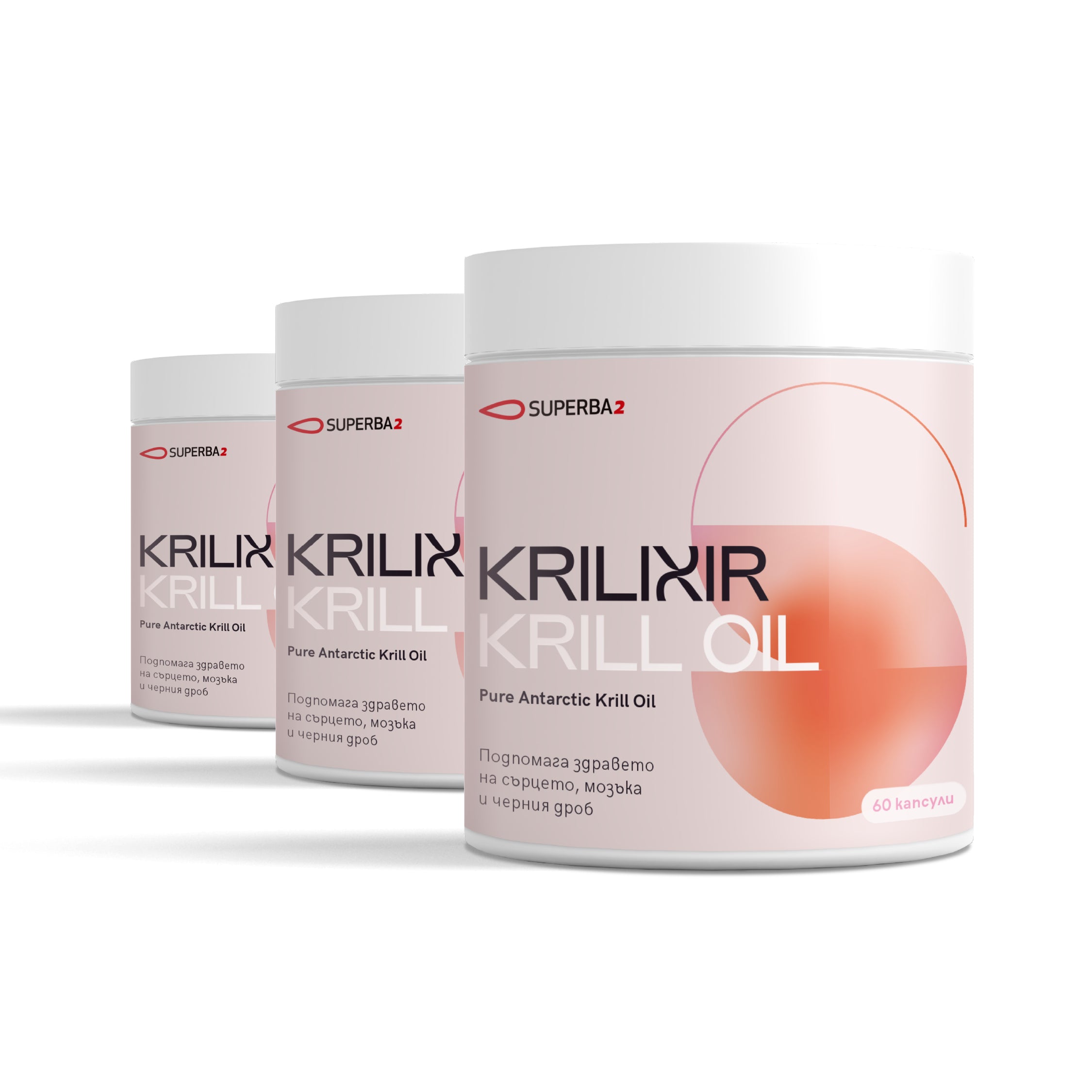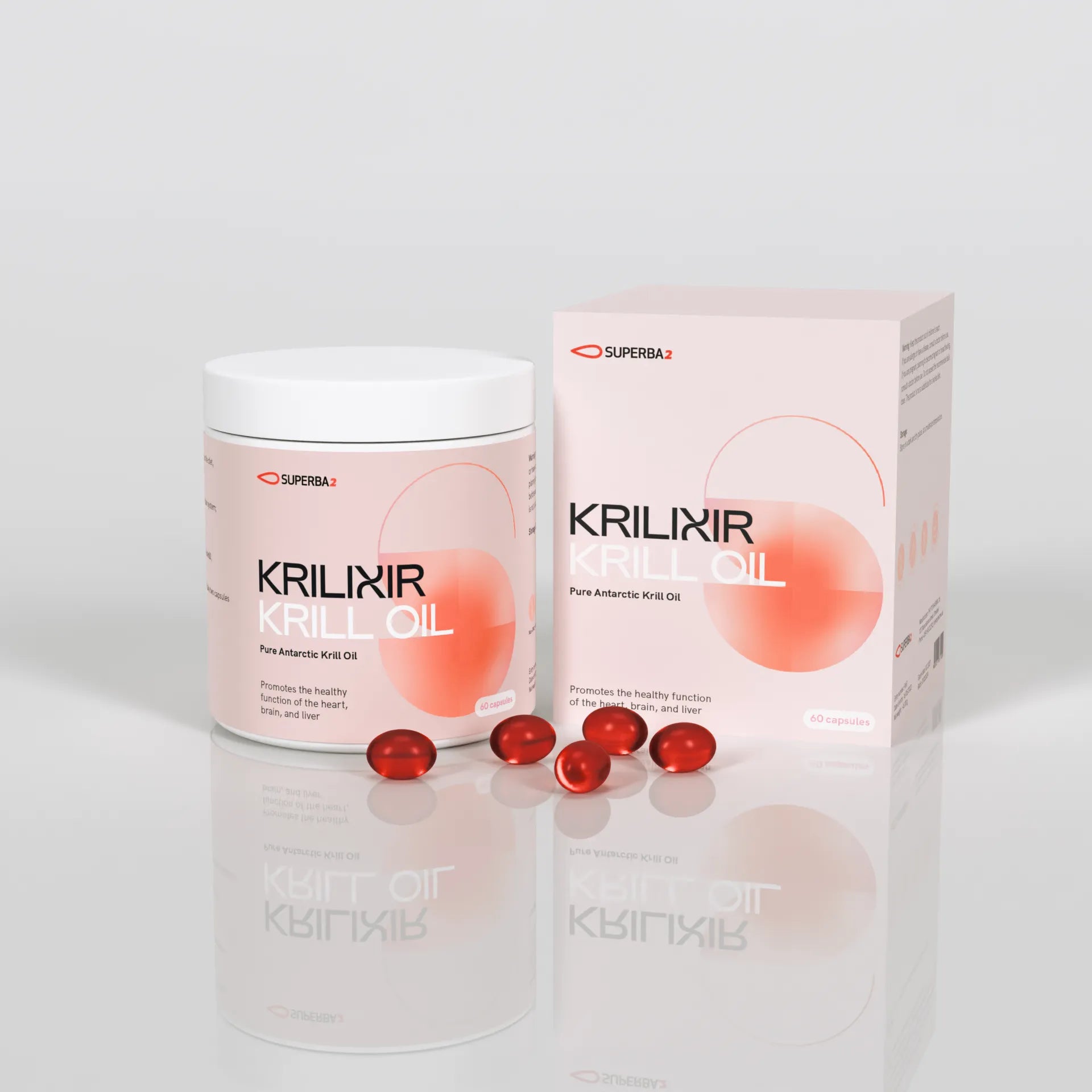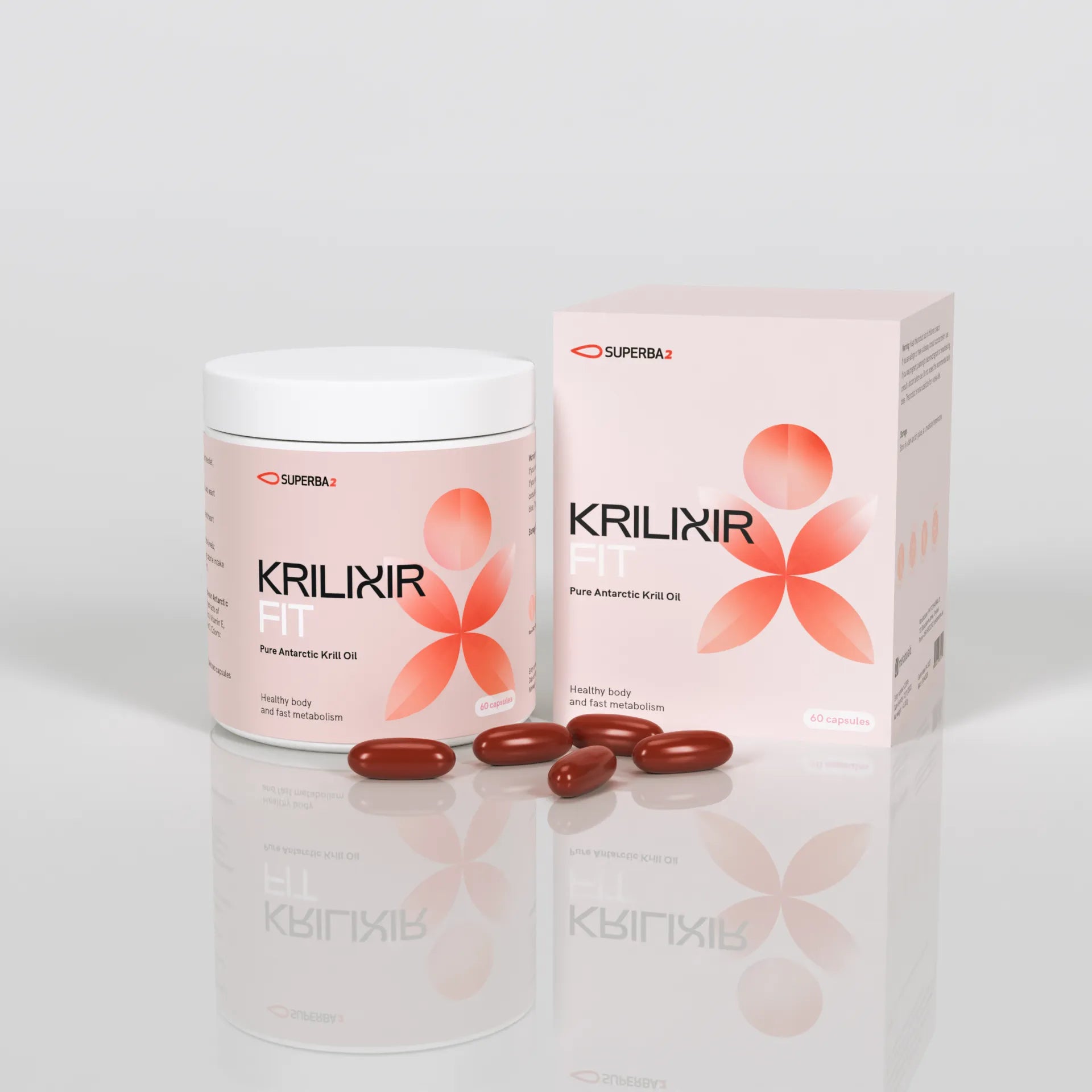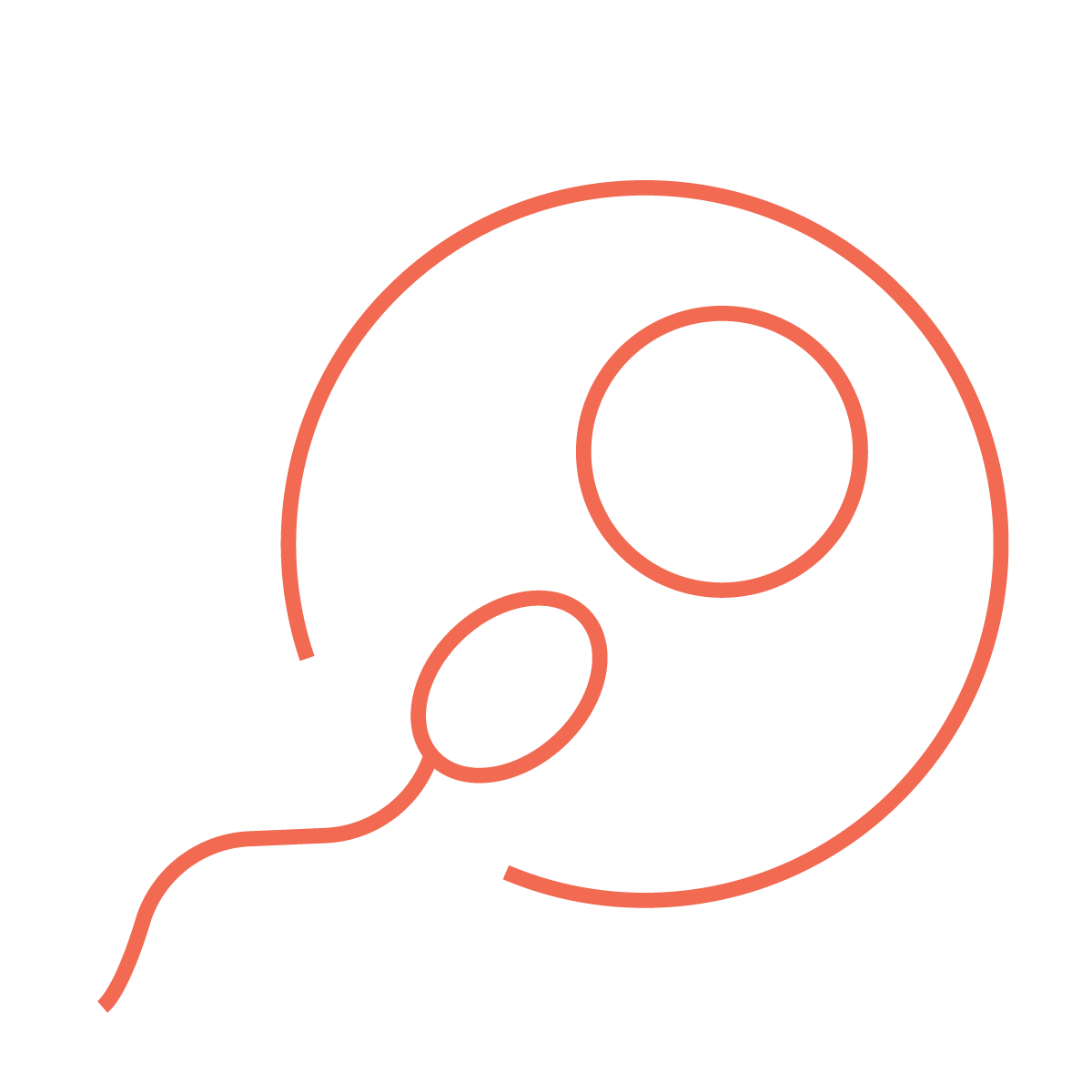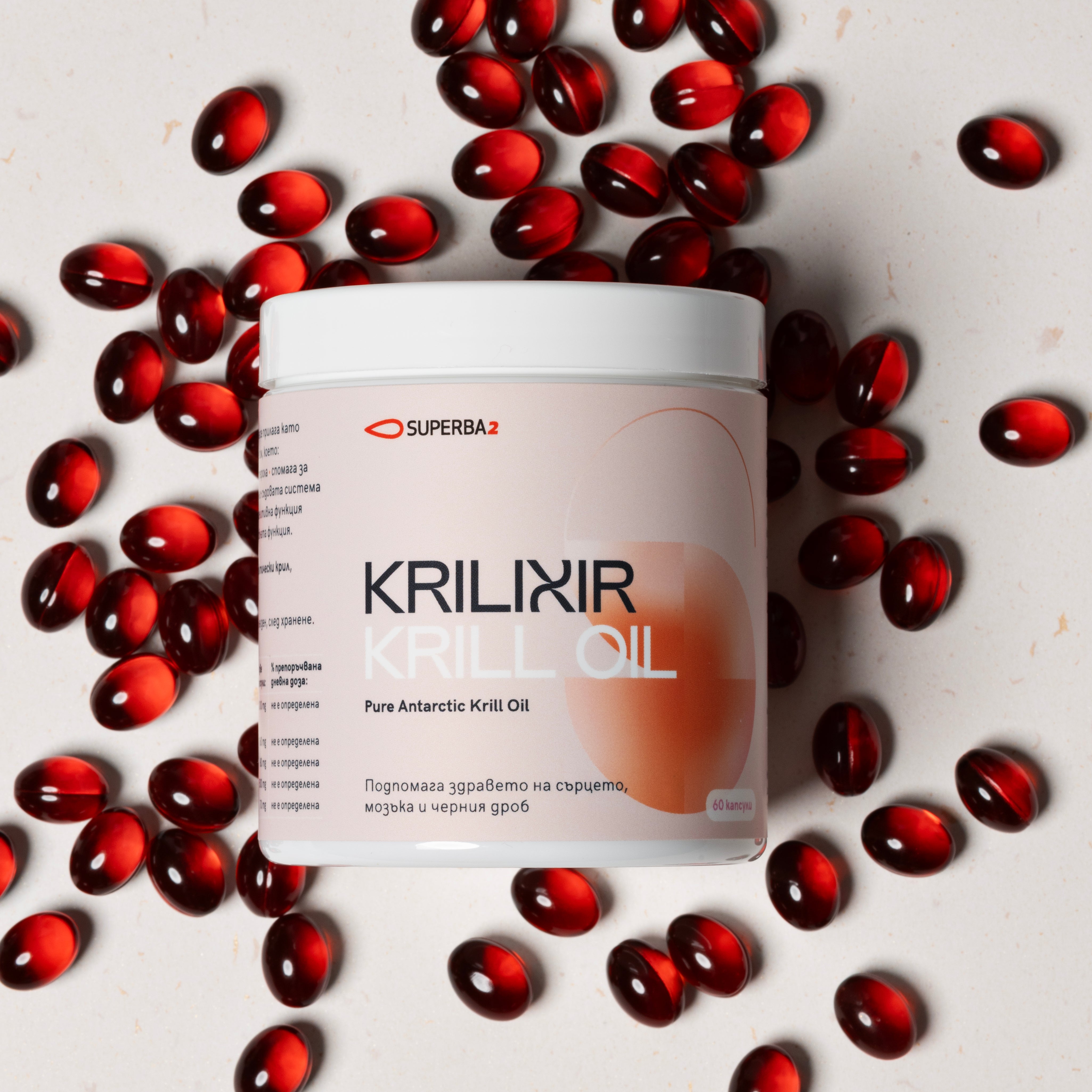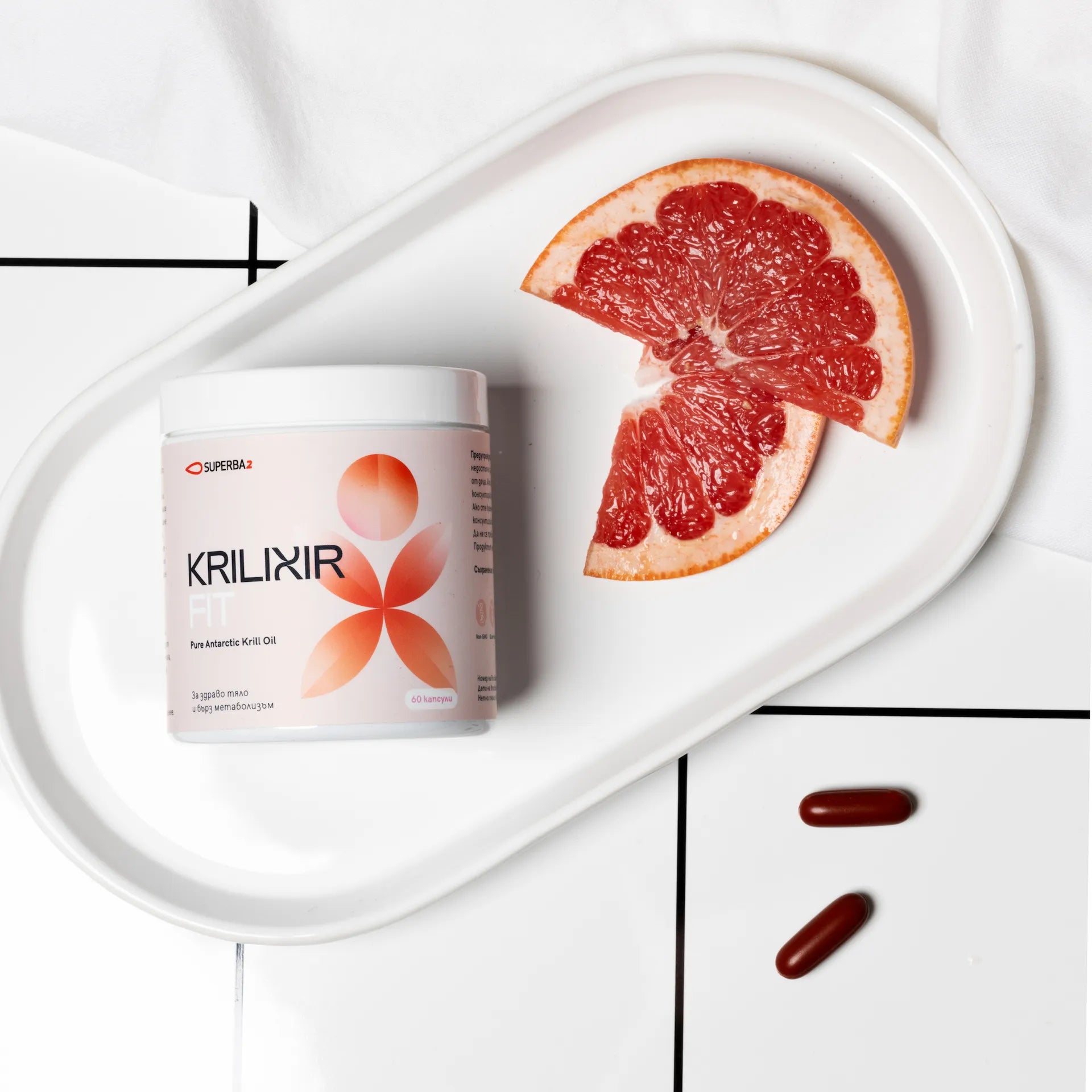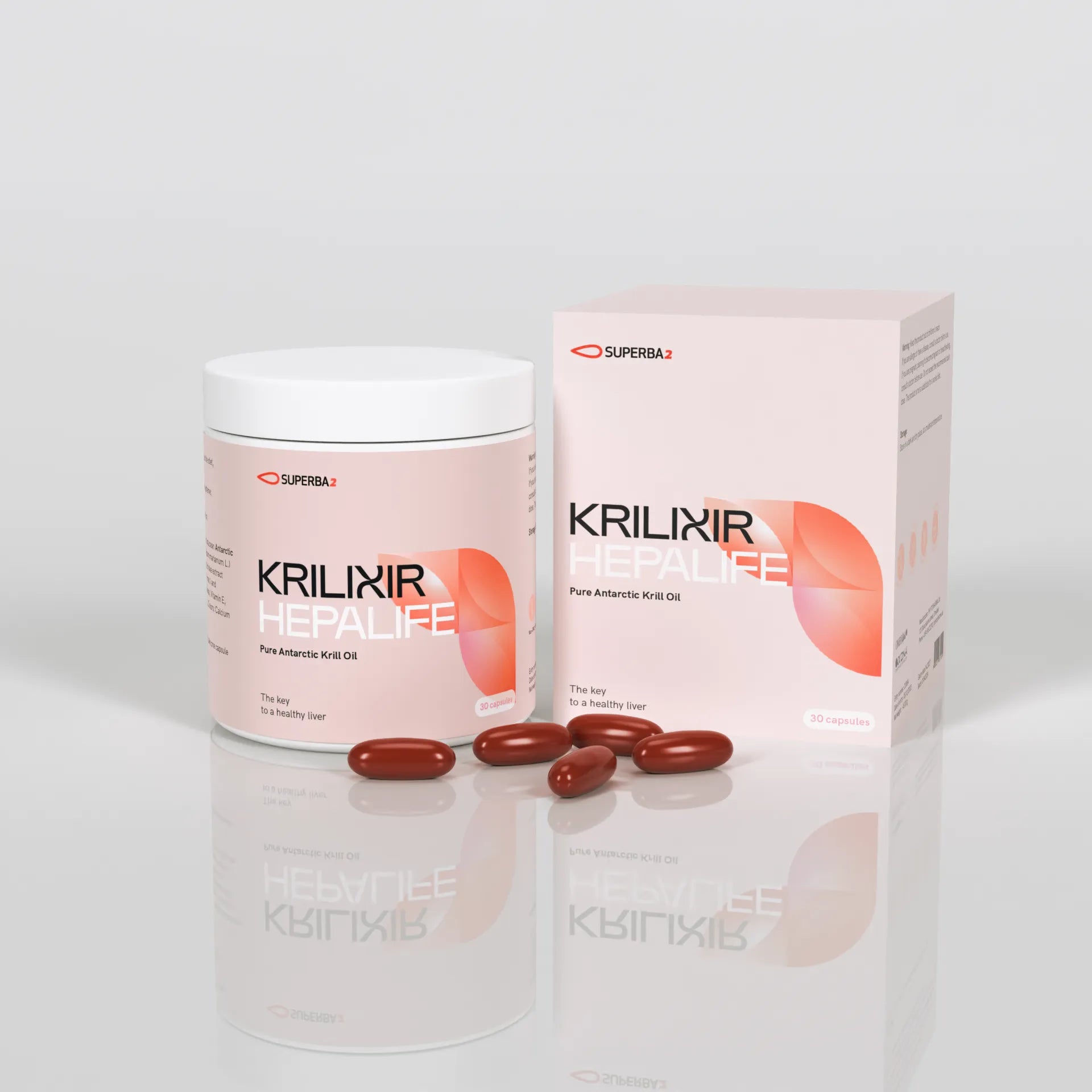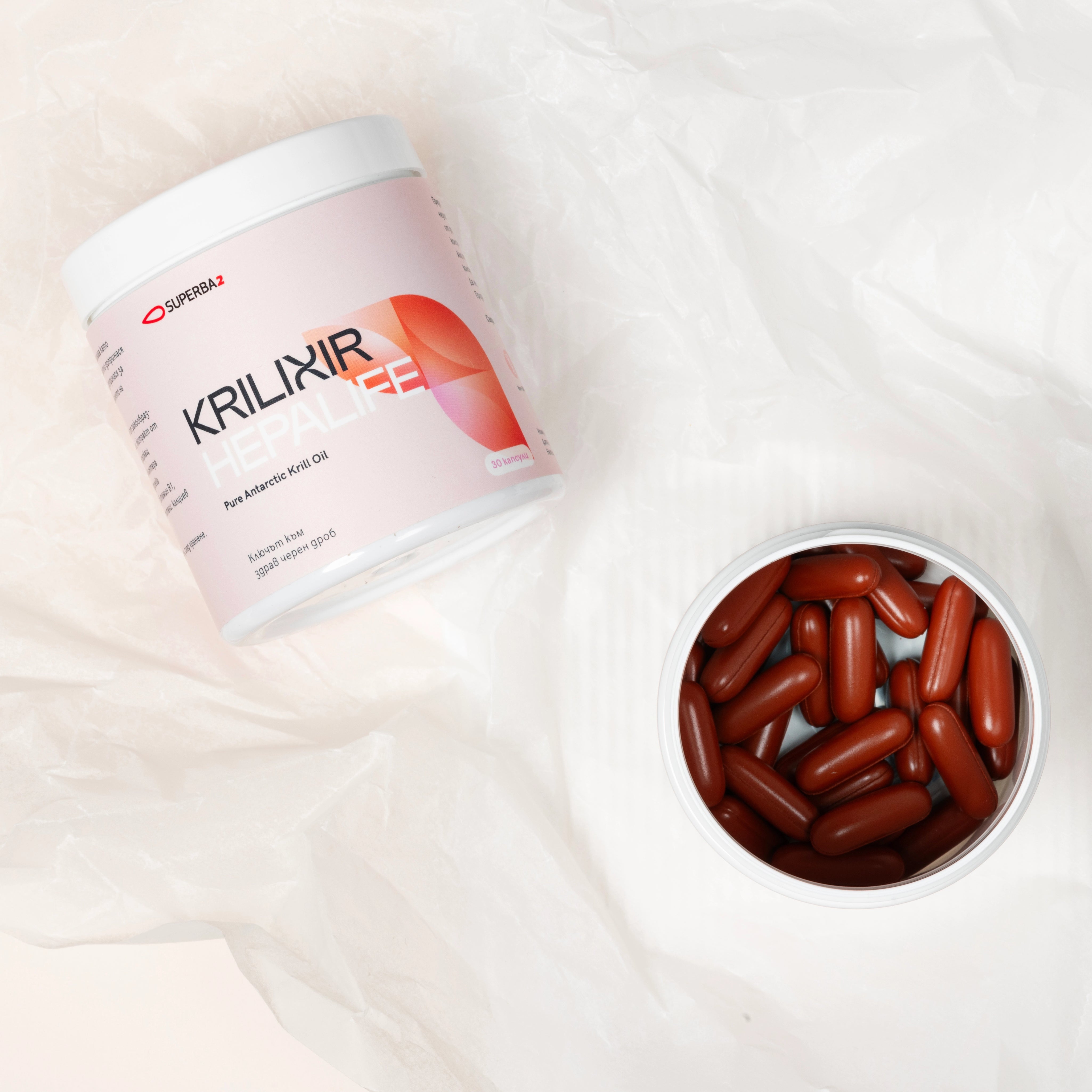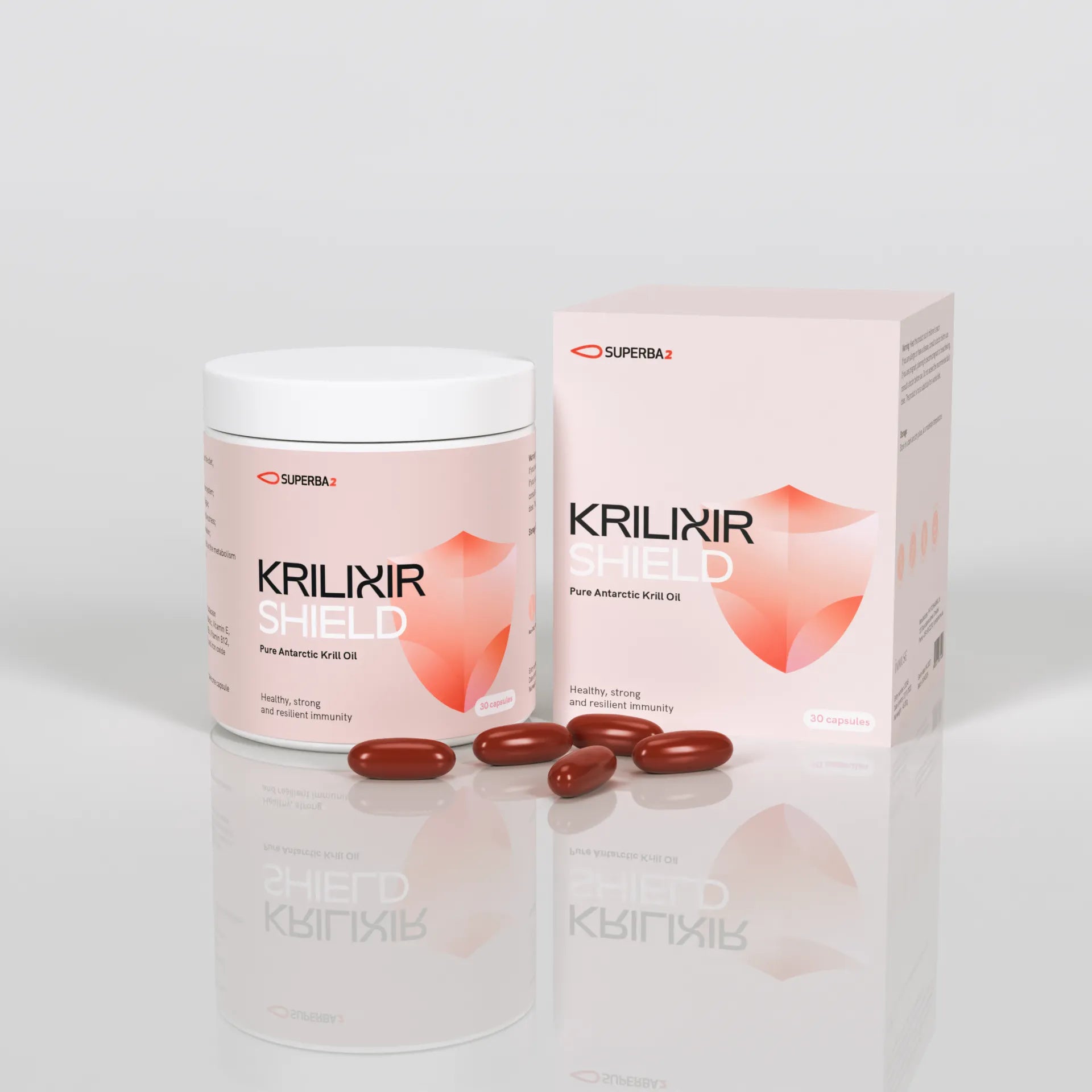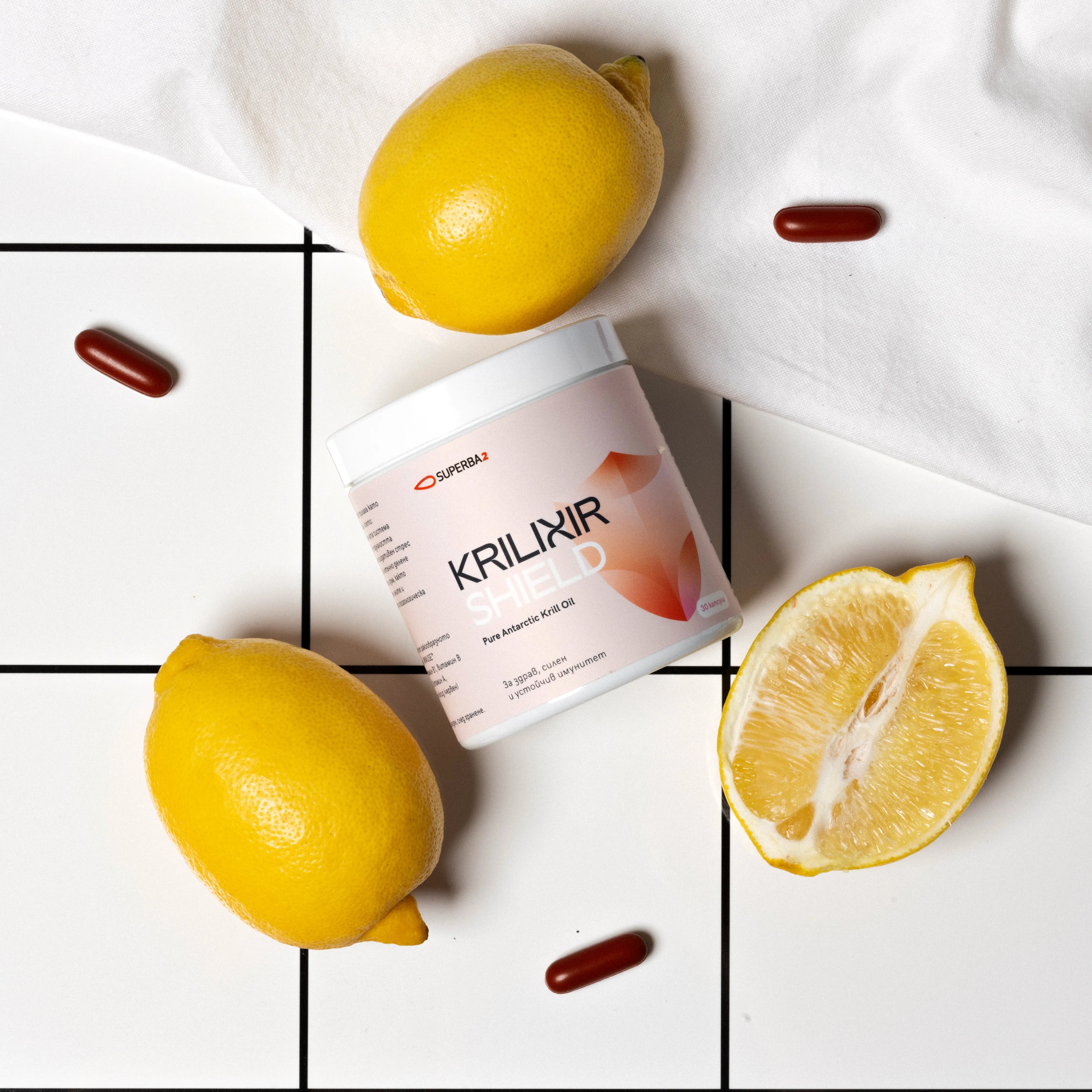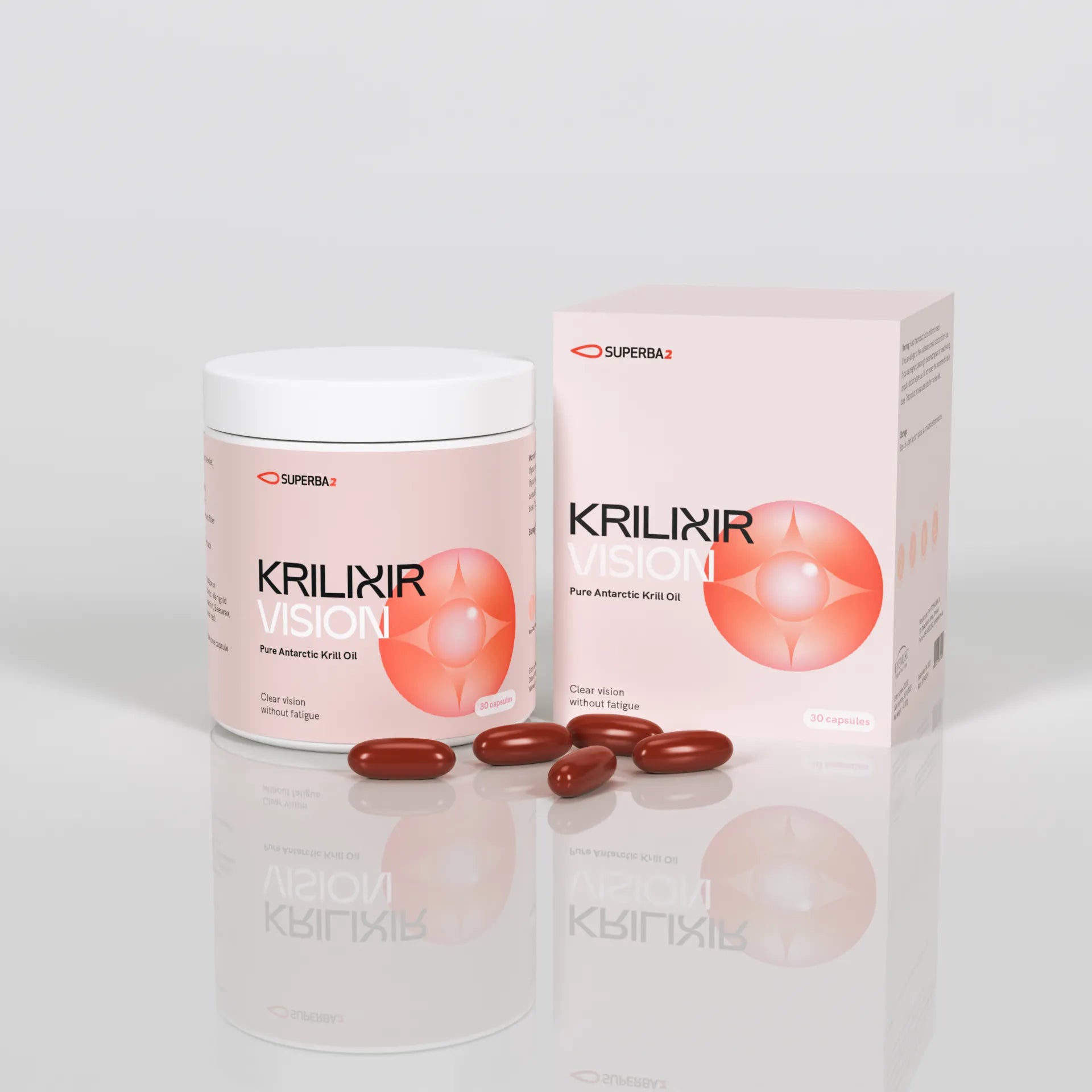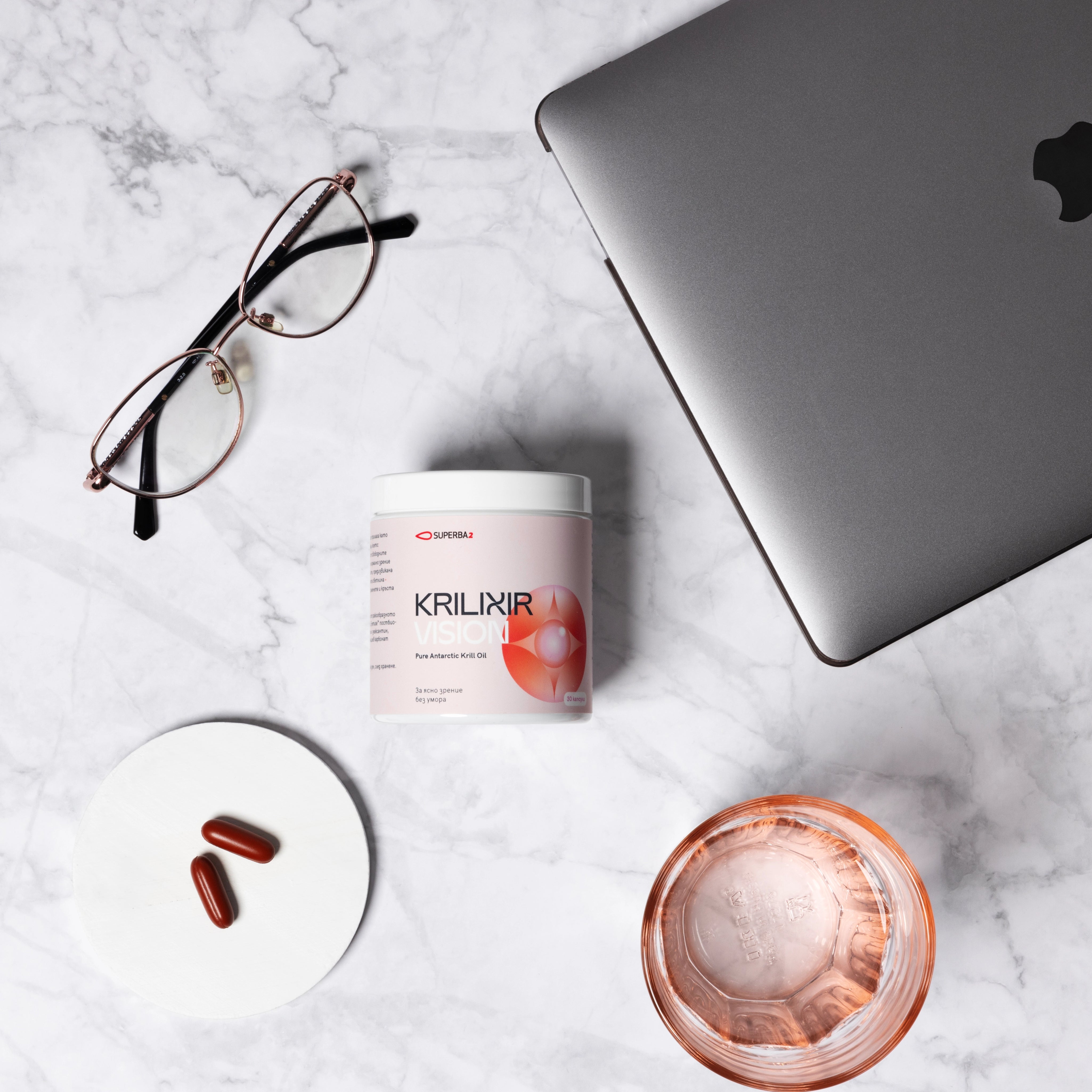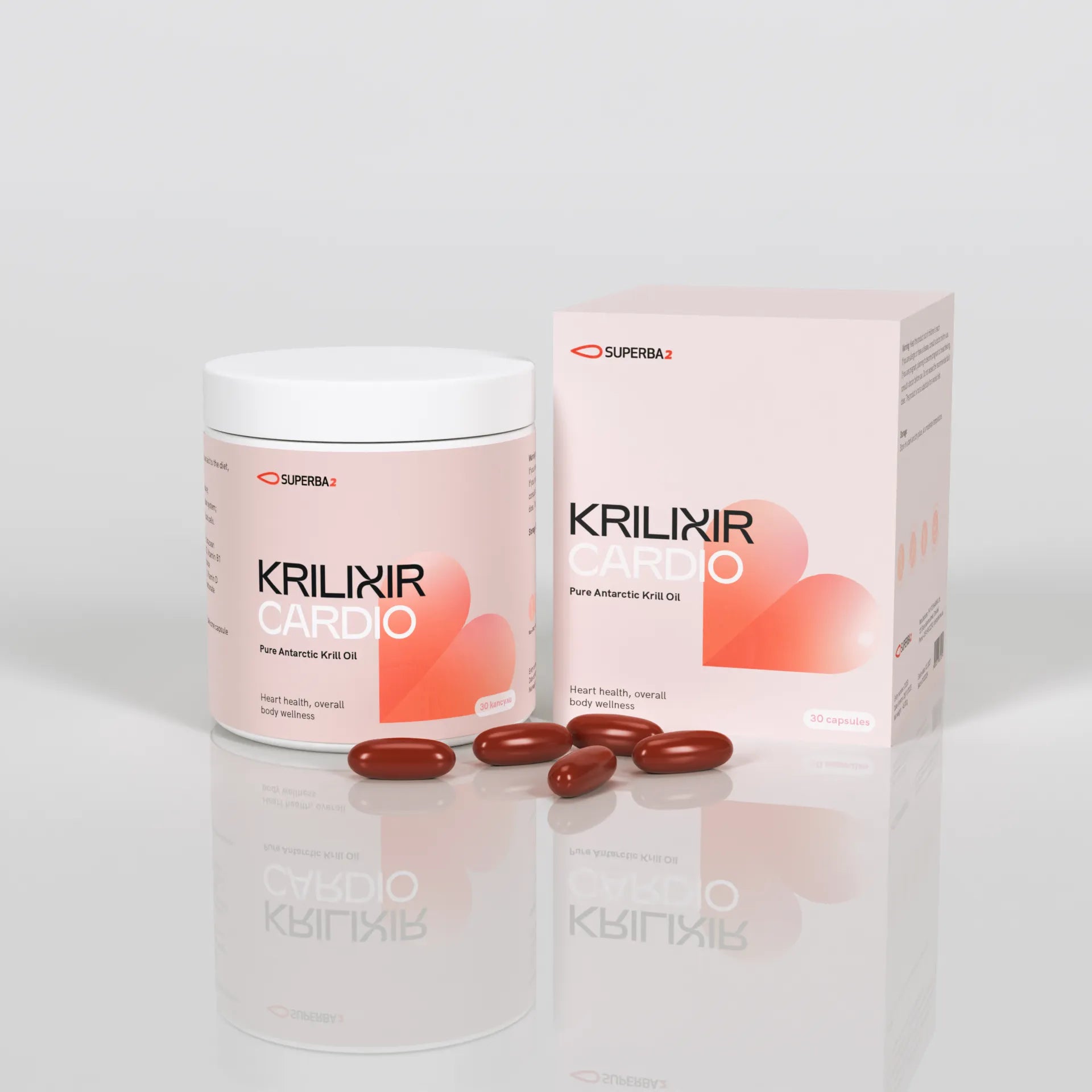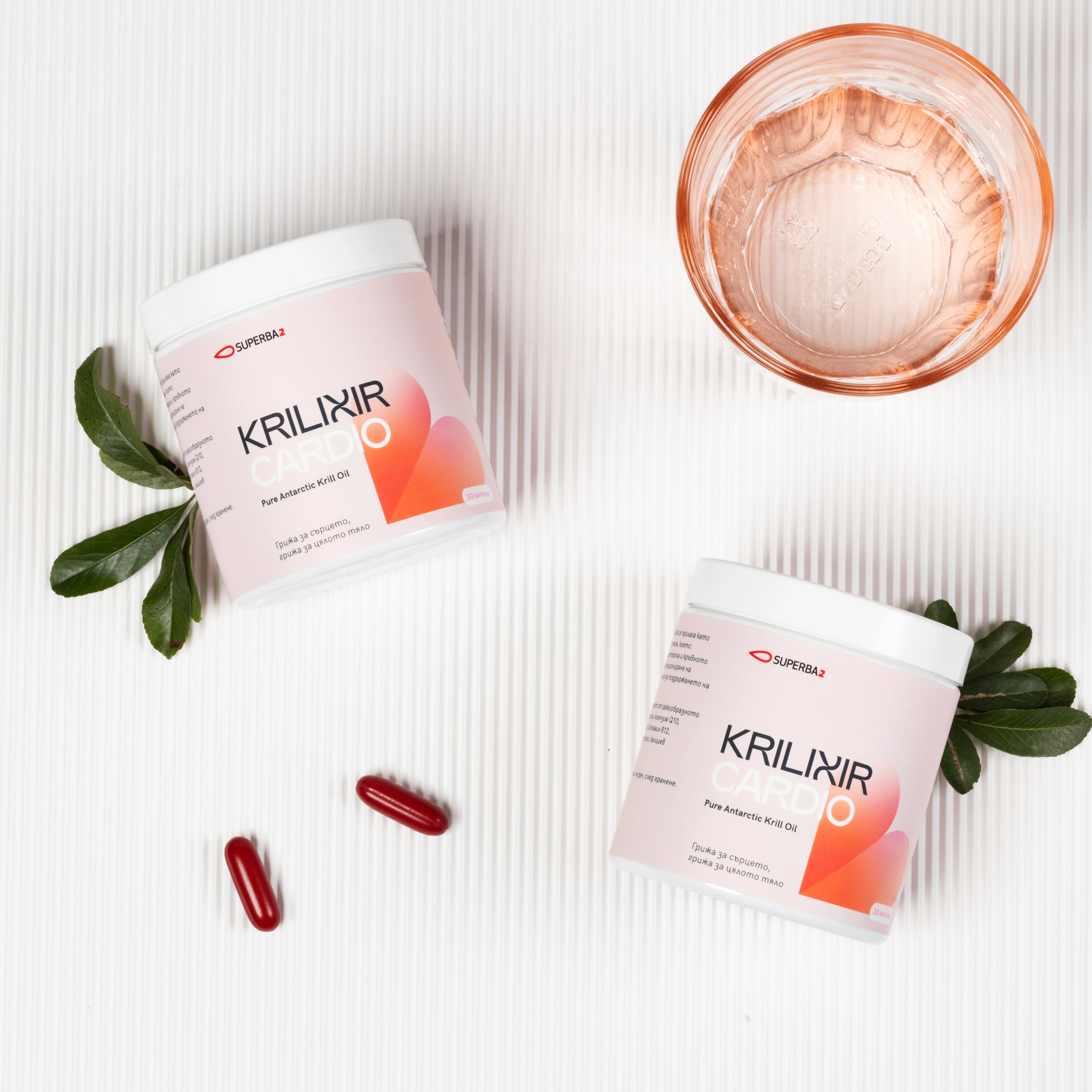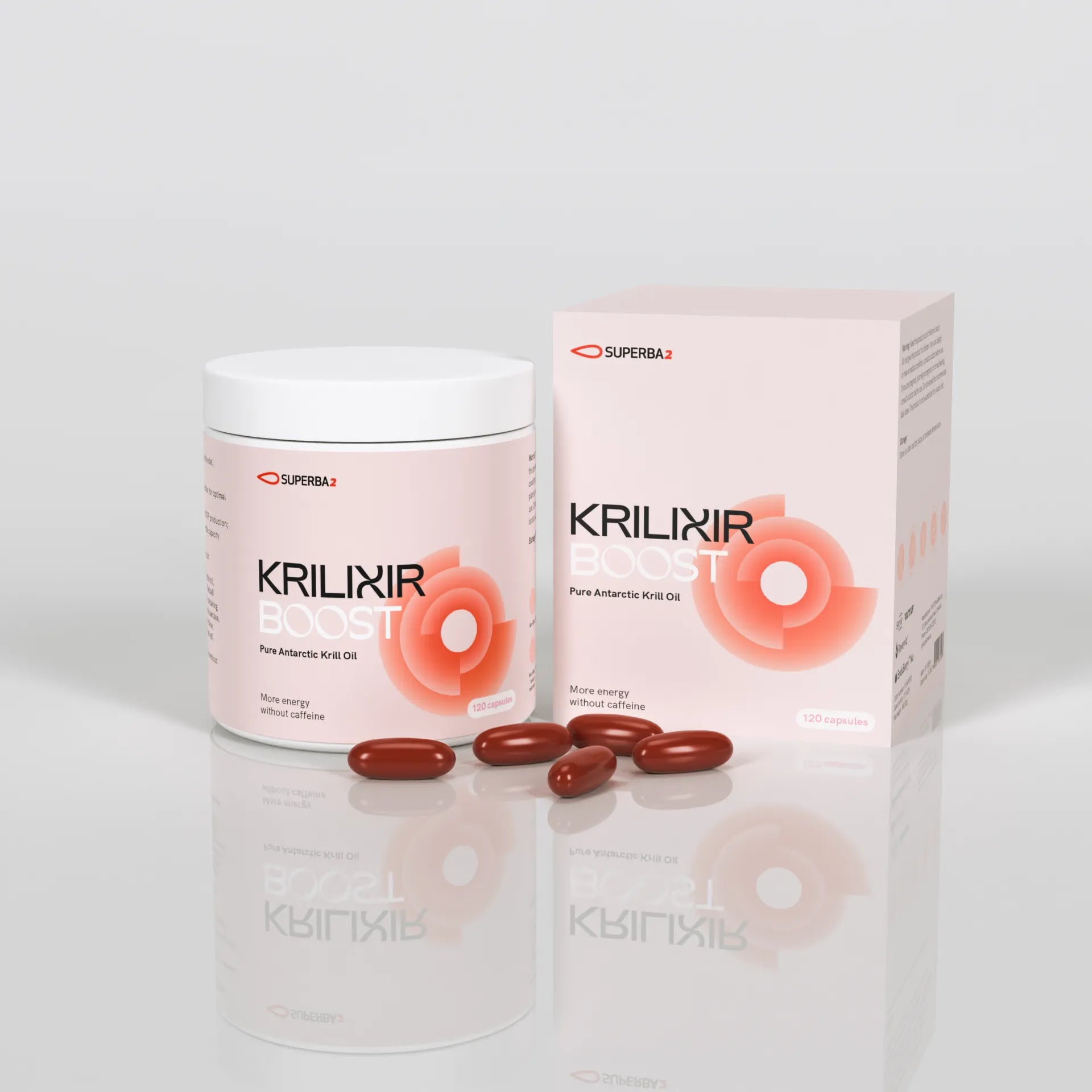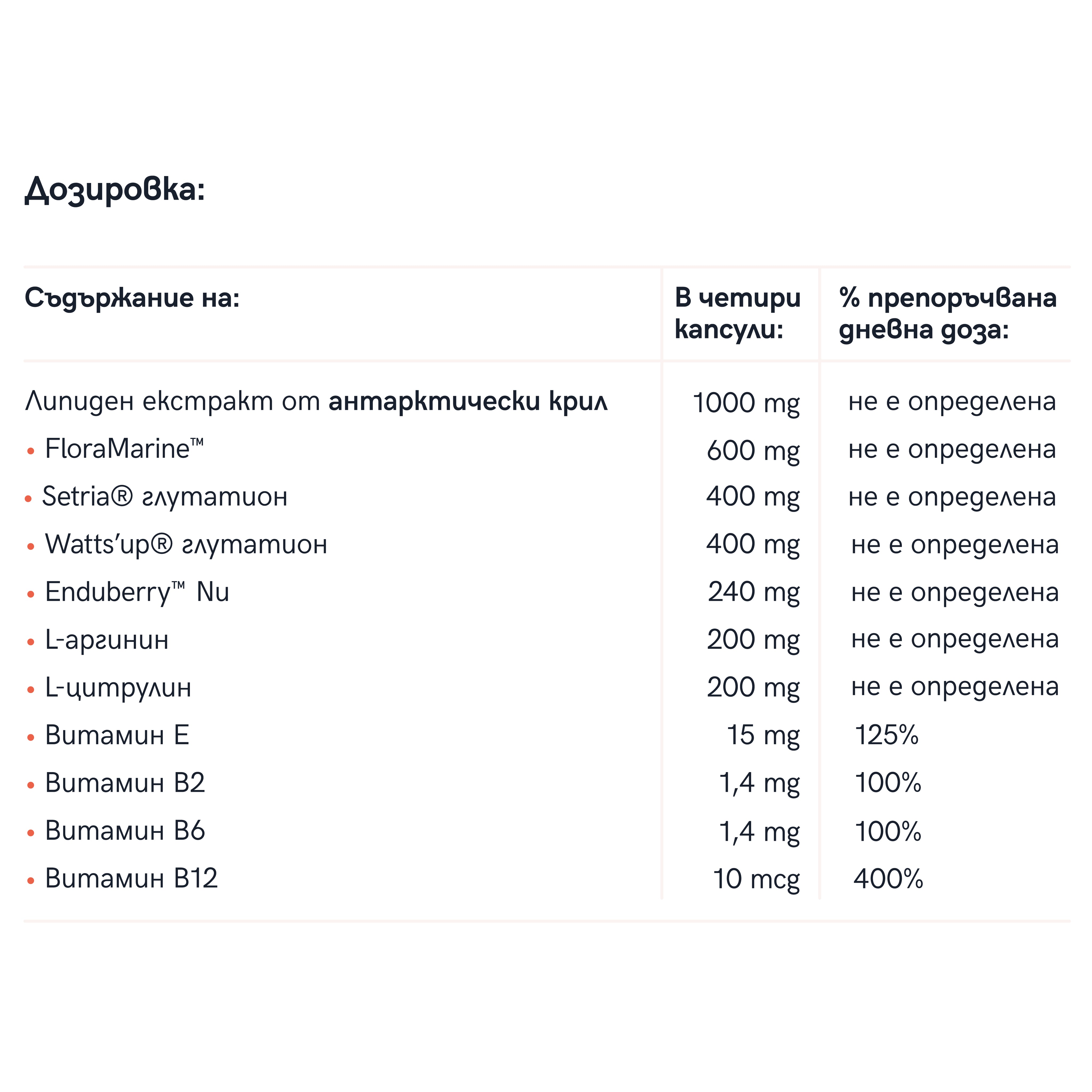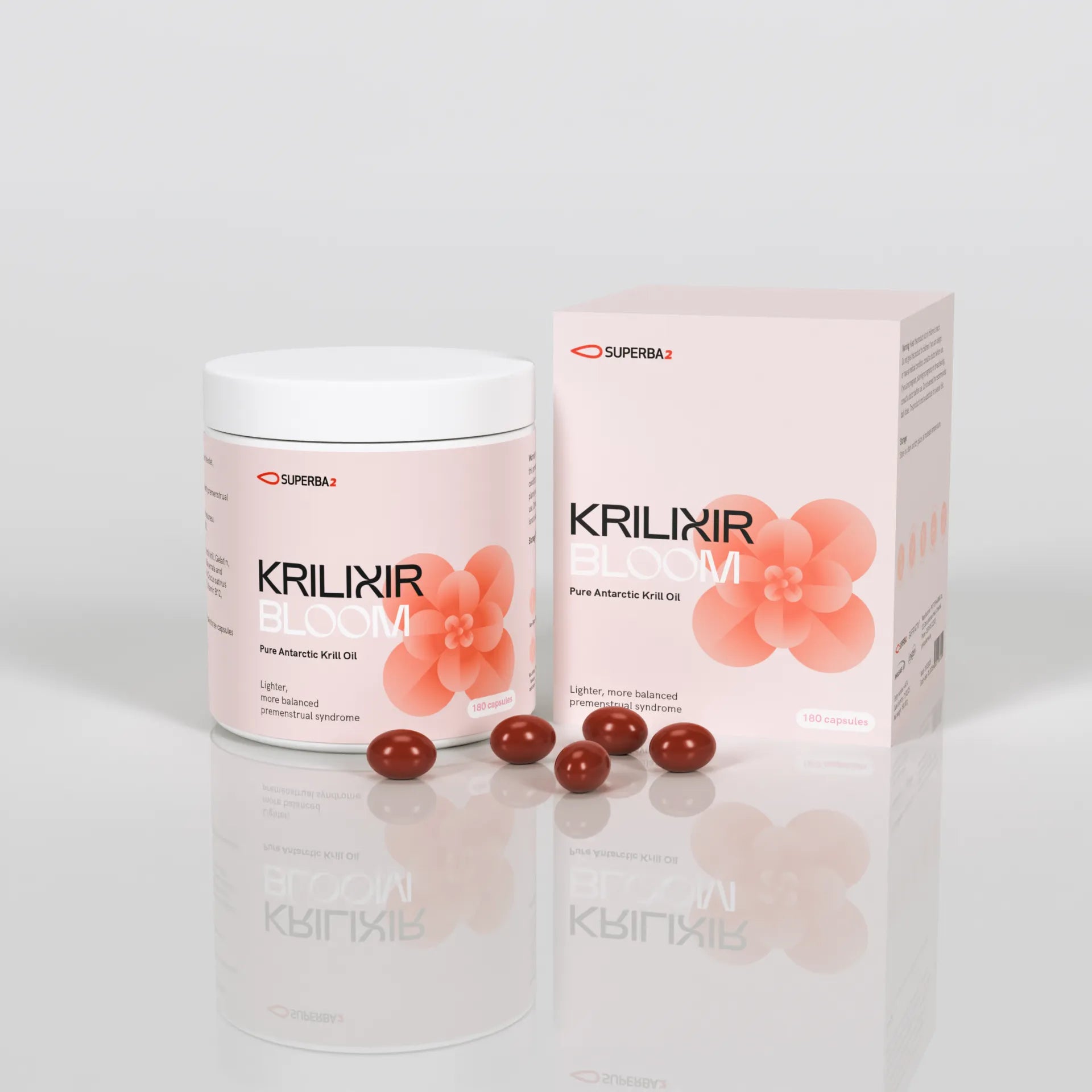Pregnancy and breastfeeding are periods during which a woman's body not only changes - it undergoes a complete transformation. The organism works at full capacity to provide what is necessary for the growing life, while also taking care of its own balance. It is precisely then that the need for quality and well-absorbable food, micronutrients, and fatty acids increases significantly.
One of the nutrients that occupies a central place in caring for the mother and baby is Omega-3. Although fish oil has long been among the popular sources, today more and more attention is being paid to krill oil - a more absorbable, more natural and ecologically gentler alternative that comes directly from the depths of the ocean. Krill oil contains a number of substances important for our health, thanks to which it has a visible effect on our body. Krill oil is extracted from a small shrimp-like creature inhabiting the cold waters of Antarctica.
Antarctic krill is a vital component of the food chain and ocean ecosystem. Like shrimp, it serves as a food source for whales, penguins, squids, seals, fish, and birds. Some krill species occur in groups of billions. But krill is valuable not only for other animals in the oceans but also for people.
Benefits of Omega-3 and krill oil during pregnancy and breastfeeding
1. Supports the baby's brain development
Brain development begins as early as the first trimester and continues actively until the second year after birth. DHA - one of the main Omega-3 fatty acids found in krill oil - is a key building block of brain tissue. Adequate intake by the mother is associated with better memory, attention, and cognitive skills in children.
2. Supports vision formation
The retina and visual system also depend on DHA. During pregnancy, the baby draws the necessary Omega-3 acids entirely from the mother's body. This directly affects visual acuity and its adaptation after birth.
3. Enhances immune protection
Breastfeeding and pregnancy itself strain the woman's immune system. At the same time, the newborn is just beginning to build its own. Krill oil contains astaxanthin - a powerful natural antioxidant that supports the defense forces and reduces oxidative stress both in the mother and the baby through breast milk.
4. Reduces the risk of premature birth and preeclampsia
Studies show that Omega-3 plays a role in balancing inflammatory processes and controlling blood pressure - factors that influence the risk of complications such as preeclampsia and premature birth.
5. Maintains healthy weight in the newborn
Women who take Omega-3 during pregnancy more often give birth to babies with optimal weight - an important indicator of a good start in life.
6. Cares for the mother's heart
During pregnancy, the cardiovascular system is under significant strain. Omega-3 fatty acids in krill oil contribute to normalizing triglyceride levels and improve vessel elasticity – something that benefits both mother and baby.
7. Supports emotional balance after birth
The postpartum period is often accompanied by sharp emotional fluctuations. DHA and EPA (the main Omega-3 fatty acids) participate in regulating serotonin – a neurotransmitter associated with good mood. Regular intake may reduce the risk of postpartum depression.
8. May protect against allergies
According to some studies, Omega-3 taken by the mother during pregnancy and breastfeeding may reduce the risk of developing allergies and skin reactions in the child.
9. Improves cognitive development in early childhood
Children of mothers who have taken enough Omega-3 often show better language and social development already in the first years.
10. Maintains bone and joint health
Recovery after birth requires additional resources from the body, especially related to the bone and joint system. Omega-3 supports calcium absorption and acts anti-inflammatory. This is significantly important and aids the recovery period.
Caring for health during pregnancy and breastfeeding is an investment not only in the mother's well-being but also in the child's future. In the womb, Omega-3 fatty acids are used as a building element for the development of these organs. The full development of the brain, nervous system, and vision in the fetus and infant depends on the intake of Omega-3 fatty acids, especially docosahexaenoic acid (DHA). Moreover, according to studies, DHA deficiency can lead to disorders related to memory and concentration in children.
Omega-3 fatty acids are especially important for the development of the infant, who continues to receive the necessary amounts from the mother, but now through breast milk.
If you are looking for a natural source of Omega-3 that is twice as good as fish oil, with higher bioavailability and additional benefits for immunity, heart, and brain, krill oil is a choice supported by numerous scientifically proven benefits.
This is a 100% natural and eco product that offers support in one of the most sensitive and important stages of life.

